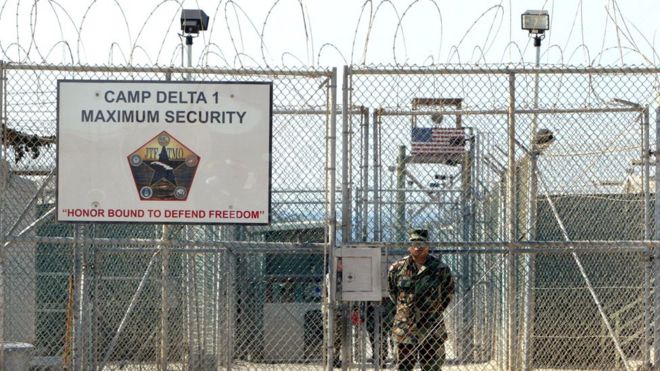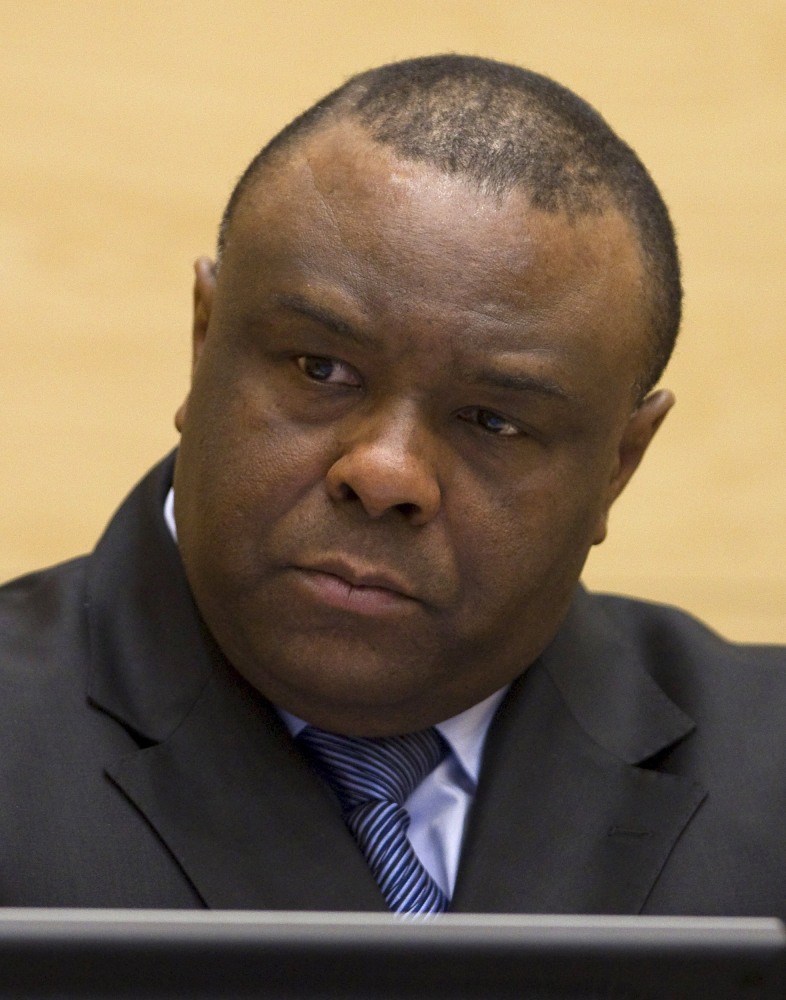By Samuel Miller
Impunity Watch Reporter, North America and Oceania
WASHINGTON, D.C., United States of America — U.S. military officials from the Department of Defense have informed Congress that they plan to transfer about a dozen prisoners from the detention facility at the naval base in Guantánamo Bay, Cuba. The first of the transfers are expected in the next few days and the others will take place in coming weeks, said one of the officials, who spoke on condition of anonymity.

Among them will be Tariq Ba Odah, a Yemeni man who has been on a long-term hunger strike.
At least two countries have agreed to accept the detainees, according to the officials who spoke on condition of anonymity because they weren’t authorized to discuss pending transfers. A Pentagon spokesperson, Commander Gary Ross, issued this statement: “The Administration is committed to reducing the detainee population and to closing the detention facility responsibly.”
There are now 91 prisoners at the U.S. naval base in Guantánamo Bay, Cuba. Most have been held without charge or trial for more than a decade, drawing international condemnation. According to Reuters, the Pentagon has notified Congress of its latest planned transfers from among the 37 detainees already cleared to be sent to their homelands or other countries.
U.S. officials have said they expect to move out all members of that group by this summer.
The best known of the detainees expected to be resettled in the coming weeks is Tariq Ba Odah, a Yemeni prisoner who has been undergoing a hunger strike in protest of his detention. That process includes guards strapping him down, putting a rubber tube down his nose and pumping a liquid dietary supplement into his stomach.
One of the issues in Odah’s case is the congressional ban on repatriations to Yemen, a country mired in an ongoing military conflict. The country is also considered a breeding ground for terrorists associated with organizations such as Al Qaeda in the Arabian Peninsula (AQAP).
President Obama, who last month presented Congress with a blueprint for closing the prison, continues his attempt to make good on his long-time pledge before he leaves office in January. The plan for shuttering the facility calls for bringing the several dozen remaining prisoners to maximum-security prison in the United States. But U.S. law bars such transfers to the mainland, and President Obama has not ruled out doing so by use of executive action.
The Obama administration’s main effort to close the prison has been transferring low-risk prisoners to countries that can meet security conditions, with the rest to be taken to a different prison on domestic soil. But the fate of the plan is uncertain because of a statute banning the military from taking detainees from Guantánamo to the United States.
The Guantánamo facility has been criticized both in the United States and abroad as a symbol of human rights abuses for indefinitely holding prisoners without trial.
For more information, please see:
BBC News – US to transfer dozen Guantanamo inmates to at least two countries – 31 March 2016
Voice of America – US Preparing to Transfer More Prisoners From Guantanamo Bay – 31 March 2016
NY Times – Pentagon Plans More Prisoner Transfers From Guantánamo – 30 March 2016
Reuters – Pentagon to send about a dozen Guantanamo inmates to other countries soon – 30 March 2016
Washington Post – Hunger striker at Guantanamo Bay slated for transfer – 30 March 2016

